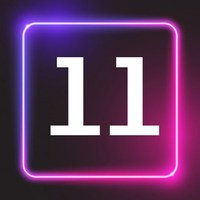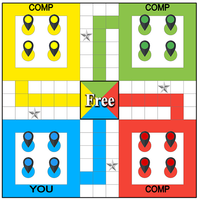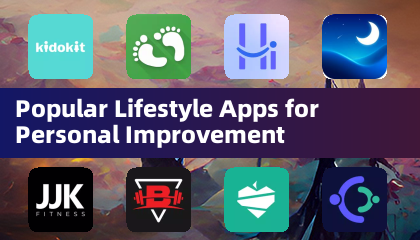Activision has taken significant steps to address the rampant issue of cheating within the Call of Duty community, particularly in Black Ops 6 and Warzone. In response to ongoing complaints, the company has announced plans to allow console players in Ranked Play to disable crossplay with PC players, aiming to mitigate the impact of cheating which is more prevalent on the PC platform.
The issue of cheating surged to the forefront of discussions among hardcore Call of Duty fans following the introduction of Ranked Play with the launch of Season 1 last year. Many within the community felt that cheating was undermining the competitive integrity of multiplayer modes, prompting widespread criticism of Activision's initial efforts to curb the problem.
Acknowledging these concerns, Team Ricochet, Activision's anti-cheat division, admitted last month that their efforts at the launch of Season 1 fell short, particularly in Ranked Play. "After a series of updates, our systems are in a better place today across all modes; however, we did not hit the mark for the integration of Ricochet Anti-Cheat at the launch of Season 01 — particularly for Ranked Play," Activision stated.
In a recent blog post, Activision outlined a comprehensive plan to combat cheating in Call of Duty throughout 2025. The company reported issuing over 136,000 account bans in Ranked Play since its inception. With the upcoming Season 2, players can expect enhanced client and server-side detection systems, along with a significant kernel-level driver update. Looking further ahead, Season 3 and beyond will introduce a range of new technologies, including a novel system to authenticate legitimate players and target cheaters more effectively. Activision remained tight-lipped on the specifics of this new system to prevent cheat developers from gaining insights into their strategies.
As a more immediate measure, starting with Season 2, console players will have the option to disable crossplay in Black Ops 6 and Warzone Ranked Play, allowing them to compete exclusively against other console players. This move is in response to the widely-held belief that cheating is more prevalent on PC. "We'll be monitoring closely and will consider further changes to prioritize the integrity of the ecosystem, and we’ll have more details to share as we get closer to the launch of this feature," Activision announced.
Despite these efforts, Activision's anti-cheat updates often face skepticism from the community. The issue of cheating has been a persistent challenge for the company, especially since the launch of the free-to-play battle royale game, Warzone, in 2020. Activision has invested heavily in anti-cheat technology and legal actions against cheat developers, achieving several notable victories in court.
Ahead of Black Ops 6's release in October, Activision set an ambitious goal to remove cheaters from the game within an hour of their first match. The launch of Black Ops 6 included an updated kernel-level driver for Ricochet, along with new machine-learning systems designed to quickly detect and analyze gameplay for signs of aim bots.
"The people behind cheats are organized, illegal groups that pick apart every piece of data within our games to look for some way to make cheating possible," Activision explained. "These bad guys are not just some script kiddies poking around with code they found online. They are a collective who profit from exploiting the hard work of game developers across the industry."
Activision emphasized their ongoing efforts to track down cheaters, stating, "But cheat developers are flawed (clearly — they have to pretend to be good at video games). Every time they cheat, they leave breadcrumbs behind. We’re always looking for those breadcrumbs to find the bad actors and get them out of the game."















